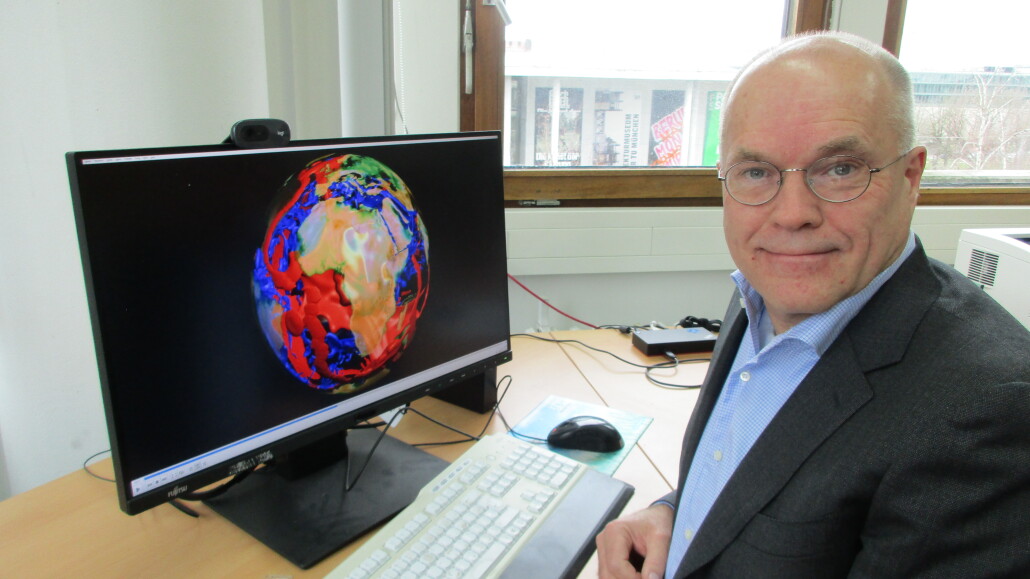Chair's welcome

A fundamental goal of the Earth Sciences is to describe the evolution of our planet quantitatively from its origins to the present using the principles of physics, chemistry and biology. In Geophysics major questions concern the structure and dynamics of the Earth, its relation to other terrestrial planets, the behaviour of Earth materials, the origin and exploration for mineral resources, and last but not least seismic hazards. In all these areas Geophysics - just as the Geosciences in general - is currently undergoing a revolution as profound as that of the 1960s when our systematic exploration of the seafloor established plate tectonics.
Today the intellectual excitement stems from rapid progress in our remote sensing capabilities - in the Earth's interior through high resolution seismic or magnetic imaging, at the surface through Earth orbiting satellites - combined with unparalleled modeling power using modern high-performance computing. For the coming decade this development promises rapid progress in our ability to understand a large range of complex Earth processes.
The Geophysics in Munich is well positioned for this development. Major research initiatives in our faculty focus on data-acquisition, remote sensing and sophisticated computer simulations using modern high-performance computing. Through the Munich Earth Observatory (MEO) - one of Europe's longest operating Geophysical observatories - we run a unique facility to promote magnetic and seismic remote sensing efforts. Our close collaboration with the Geodetic Institute of the Technical University of Munich, moreover, augments this effort with powerful geodetic data-sets. Likewise, we are constructing one of Europe's largest Beowulf clusters dedicated to enable high-end geophysical modeling. Together with the unique capabilities of the Leibnitz Rechenzentrum (Germany's High Performance Computing Center) these resources ensure top research conditions in theoretical Geophysics world-wide.
We particularly encourage students from Germany and abroad to contact us. With SPICE (a European Research and Training Network in computational seismology coordinated by the Munich seismology group) and THESIS (a highly selective PhD graduate program for German and international students funded by the state of Bavaria) we offer outstanding conditions for students seeking to pursue advanced degrees. Given our location in Munich, a High-Tech center in Germany and a world-class tourist destination with easy access to the Alps, they ensure an exceptional research environment.
